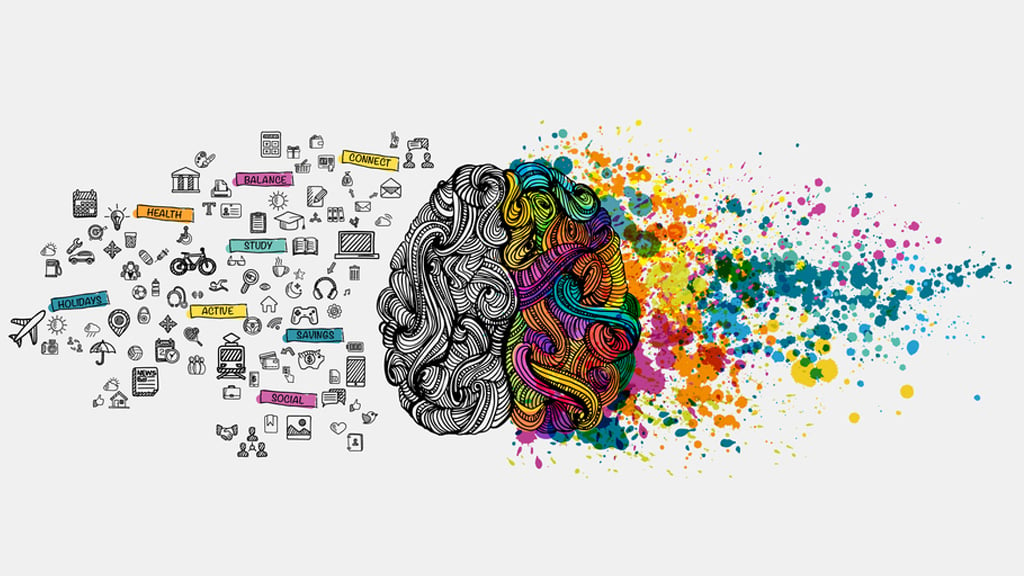Residential Mental Health Services Designed for Whole-Person Care
Comprehensive Inpatient Mental Health And Wellness Services for Effective Therapy
Inpatient psychological health and wellness solutions stand for a crucial part of the medical care system, supplying a structured and intensive environment for people experiencing extreme mental distress. Discovering the nuances of this continuum reveals substantial ramifications for both individual recuperation and more comprehensive psychological health and wellness outcomes.
Recognizing Inpatient Mental Health And Wellness Solutions
Inpatient psychological health and wellness services provide critical assistance for individuals experiencing extreme mental distress that can not be managed properly in an outpatient setting. These services are designed to use an intensive degree of care in a structured atmosphere, frequently within a health center or specialized center. Patients confessed to inpatient programs generally present severe signs and symptoms, such as suicidal ideation, extreme anxiety, or psychosis, demanding day-and-night monitoring and intervention.
The admission procedure typically entails an extensive evaluation by mental health and wellness professionals, who examine the person's mindset, background, and immediate needs. Once confessed, patients take part in a variety of restorative modalities tailored to their certain requirements, including drug management, individual treatment, and team sessions. This holistic technique intends to stabilize the client's problem, advertise safety, and foster coping skills.
Inpatient mental wellness services not only address immediate health and wellness problems but also act as a bridge to continuous treatment. By giving a controlled environment, these services assist in the advancement of therapy strategies that can be continued in outpatient setups, hence ensuring a continuum of care and improving long-lasting results for individuals with intricate psychological wellness needs.
Key Components of Effective Treatment
Effective treatment in inpatient psychological wellness solutions consists of numerous vital parts that cultivate recuperation and stablizing. Firstly, a detailed analysis is essential to identify the person's specific demands and obstacles. This evaluation educates the advancement of a tailored treatment plan, which functions as a roadmap for intervention.
One more critical element is the multidisciplinary team approach. Partnership among psychoanalysts, psychologists, registered nurses, and social workers ensures that numerous perspectives add to the client's care, improving the effectiveness of therapy. Evidence-based restorative modalities, such as cognitive-behavioral therapy (CBT) and dialectical behavior modification (DBT), are also integral, supplying organized techniques that attend to maladaptive thought patterns and behavioral concerns.

Lastly, a concentrate on aftercare planning is critical to guarantee a smooth shift to outpatient solutions, decreasing the danger of relapse and promoting long-term wellness. These collective elements produce a reliable treatment framework within inpatient mental health and wellness solutions.
Advantages of Comprehensive Treatment

Detailed treatment in inpatient psychological health services offers various advantages that considerably enhance person end results. One of the key benefits is the holistic technique to therapy, resolving not only the psychological signs and symptoms yet likewise the physical, social, and psychological you could try here needs of individuals. This detailed assessment enables customized interventions that promote total health.
An additional advantage is the integration of multidisciplinary teams, which fosters partnership among healthcare professionals. This joint setting makes sure that patients receive worked with treatment, reducing the danger of fragmented therapy and boosting interaction amongst caregivers. Comprehensive care promotes continuity of solutions, enabling for smooth shifts from inpatient to outpatient settings, which is crucial for lasting recovery.

Finally, the organized setting of detailed inpatient treatment gives a risk-free area for individuals to engage in therapeutic activities, aiding them establish dealing techniques and resilience. Collectively, these benefits contribute to more reliable treatment and improved quality of life for individuals experiencing mental wellness dilemmas.
Evidence-Based Healing Strategies
In the world of mental health and wellness treatment, evidence-based therapeutic strategies play a vital function in making sure that clients obtain efficient and scientifically sustained interventions. These approaches integrate the finest offered research with medical competence and patient worths, fostering a customized treatment experience that deals with specific demands.
Cognitive Behavior Modification (CBT) is among the most commonly acknowledged evidence-based approaches, focusing on recognizing and changing adverse thought patterns and habits. This structured approach has shown efficiency in dealing with problems such as stress and anxiety, clinical depression, and ptsd. Dialectical Actions Treatment (DBT) is particularly reliable for individuals with borderline personality problem, highlighting the advancement of recommended you read psychological guideline and social efficiency skills.
In addition, drug administration is commonly an integral element of evidence-based treatment, as psychotropic medicines can ease symptoms and enhance general functioning. Joint care versions, which involve multidisciplinary groups, further improve the effectiveness of inpatient solutions by guaranteeing comprehensive assessments and continual monitoring.
Eventually, the combination of evidence-based restorative techniques not just promotes positive professional outcomes but additionally empowers people, cultivating a feeling of agency and strength in their mental wellness journeys.
Transitioning to Outpatient Assistance
The transition from inpatient psychological wellness solutions to outpatient assistance notes a crucial stage in an individual's recuperation journey. This period calls for mindful preparation and sychronisation to ensure connection of treatment and to minimize the risks of relapse or crisis. Efficient discharge planning should start early in the inpatient remain, involving a multidisciplinary team that consists of psychoanalysts, psycho therapists, nurses, and social employees.
Crucial element of a successful transition consist of the development of a comprehensive aftercare plan tailored to the individual's certain demands. This plan should outline follow-up visits, drug administration, and therapeutic interventions, in addition to determine area sources and assistance teams that can promote recurring healing.
In addition, patient and family members education is essential throughout this phase. Understanding the indications of potential problems and the importance of adhering to treatment can empower individuals and their support group.
Regular follow-up and reassessment of the outpatient plan are essential to address developing obstacles. By cultivating a joint connection between inpatient and outpatient service providers, the chance of continual recuperation rises, eventually enhancing the client's quality of life and minimizing the risk next of readmission.

Final Thought
In summary, thorough inpatient psychological health and wellness solutions supply a necessary framework for resolving serious emotional distress with a multidisciplinary strategy. By incorporating evidence-based treatments, fostering an organized setting, and promoting family participation, these services improve treatment effectiveness. The focus on stability and the growth of dealing skills not only aids in immediate recovery however likewise promotes a smoother transition to outpatient care. Eventually, such detailed care is essential for long-lasting psychological wellness and health.
The admission procedure normally entails an extensive assessment by psychological wellness professionals, that evaluate the person's mental state, background, and immediate requirements.Efficient treatment in inpatient mental wellness services comprises a number of vital elements that promote healing and stablizing.Thorough treatment in inpatient psychological health services provides countless advantages that substantially improve client end results.The transition from inpatient mental health solutions to outpatient support marks a crucial phase in a patient's recuperation journey.In summary, comprehensive inpatient mental wellness services use an essential structure for attending to extreme mental distress through a multidisciplinary technique.